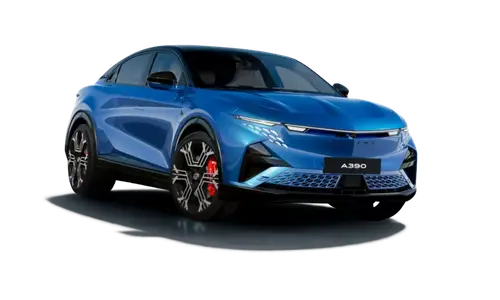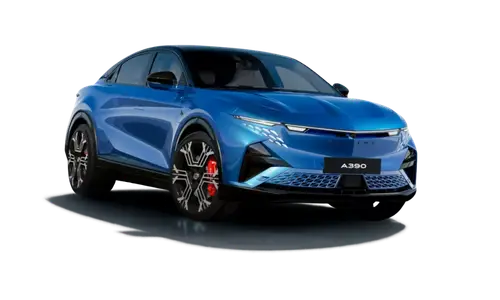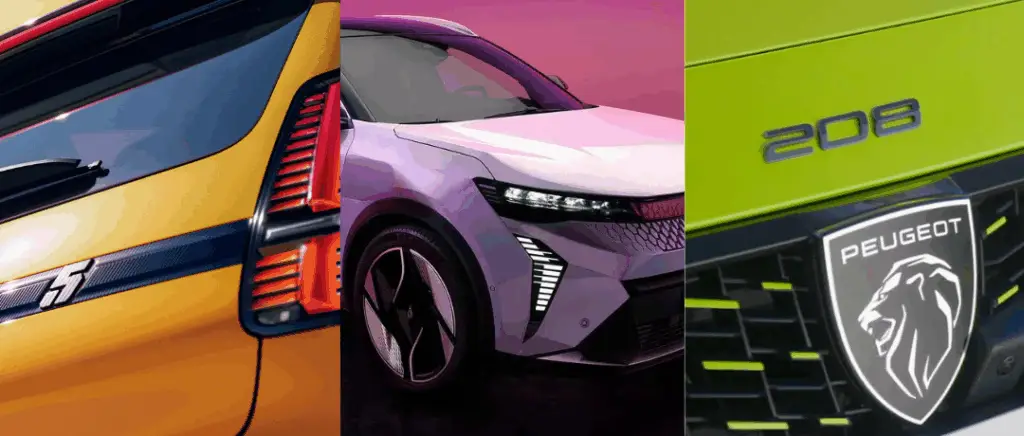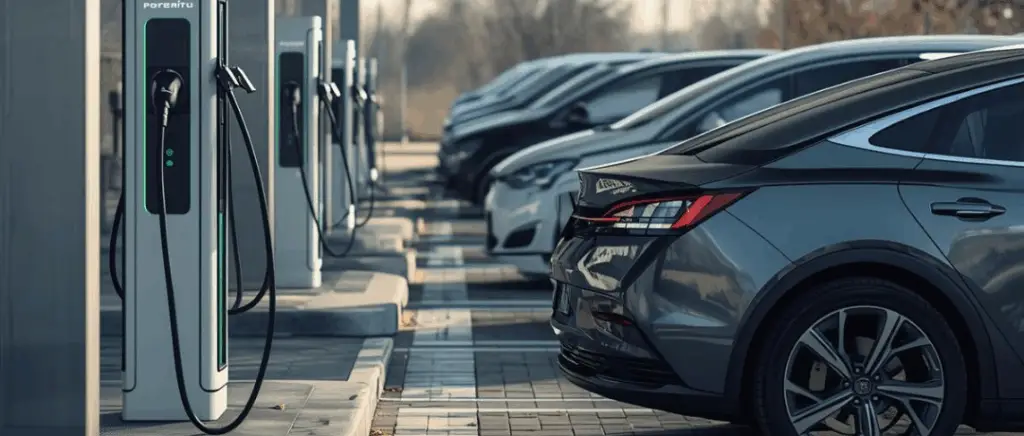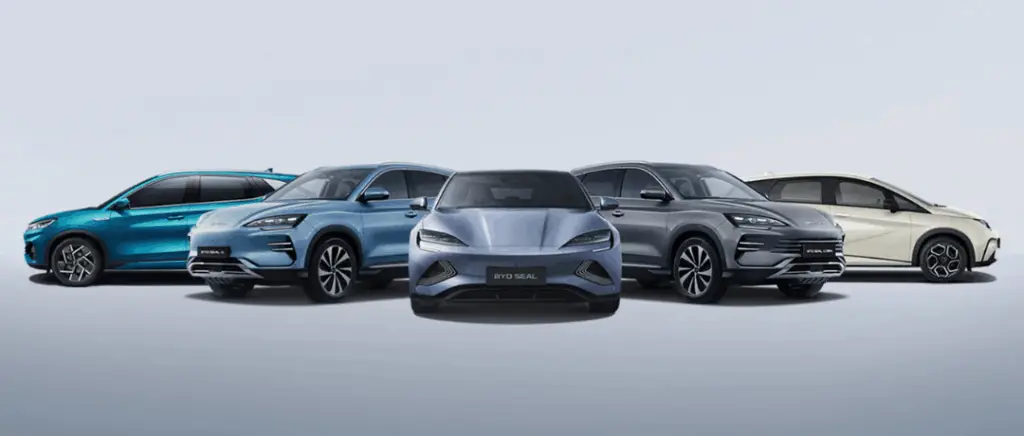1ʳᵉ stage: Vehicle power - kW
For a combustion engine car, you will be interested in the engine's power. This is expressed in horsepower. Depending on how you use it, you'll opt for a vehicle with more or less power. If you make most of your journeys on motorways, you'll want more power than a car used exclusively for city driving.
Good news! The principle is the same for electric cars. The power of the electric motor is expressed in kilowatts (kW), with 1 kW = 1000 W. Depending on the distance you need to cover and the speed at which you travel, you'll want a motor with more or less power.
The equivalence between the engine power of an electric car and that of a combustion engine car is calculated using the following formula:
1 kiloWatt (kW) = 1,341 horsepower (hp)
Example: I have an electric car with a power rating of 68 kW. The equivalent horsepower is 68 x 1.341 = 91 bhp.
2ᵉ step: the capacity of the battery - kWh
The main concept that differs from thermal vehicle is the battery. It is a key factor in the choice of electric vehicle. The battery's capacity is the amount of energy that the vehicle's battery can deliver after a full charge. It is expressed in kilowatt hours (kWh). This concept will be used to calculate energy consumption just below.
3ᵉ stage: consumption - kWh/100 km
Unlike an internal combustion vehicle, an electric car consumes much less fuel in town.
When a diesel vehicle consumes on average 6 L/100 kmand a petrol car consumes 7.3 litres/100 km, an electric car consumes an average of 15 kW/100 km.
The equivalence between the fuel consumption of an electric car and that of a petrol-engined car is :1 L/100 km = 9.85 kWh/100 km
Example: I have a vehicle with a fuel consumption of 15 kW/100 km.
Electric car consumption equivalent = 15/ 9.85
= 1.5 L/ 100 km
4ᵉ stage - Autonomy of battery - km
The range is the distance that the battery allows the car to cover. It is expressed in km. It depends on various factors: outside temperature, use of heating, driving profile, route profile. For an electric car, the range is :
Autonomy= Battery capacity / Power consumption
Example: Let's take a vehicle with a 41 kWh battery and a fuel consumption of 15 kW/100 km. Range = (41 x 100) / 15
= 273 km
5ᵉ step - Price of full recharge
The price of a full tank depends on the price of electricity you buy from your supplier and the capacity of your battery:
Price of a full tank = Price of electricity x Battery capacity
Example: For a vehicle with a 41 kWh battery and an average electricity price of €0.136/kWh (off-peak: €0.125/kWh; peak: €0.146/kWh). The price of a full tank is :
Price of a full tank = Price of electricity x Battery capacity
0.136 x 41 = 5.57 €
This example should be put into perspective, as most electric car owners recharge at night to save on the cost of recharging.
Did you know? By way of comparison, the cost of filling up a petrol-powered vehicle to travel 273 km would be €30. The cost of afull"The cost of an electric car is less than €6, i.e. 5 times cheaper.
Want to switch to an electric car? Beev offers multi-brand 100% electric vehicles at the best prices, as well as recharging solutions. Beev can help you with your entire project, from finding the right vehicle to installing the charging points. Contact usto find out more.

















